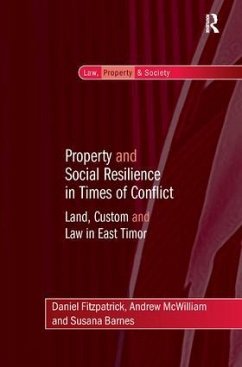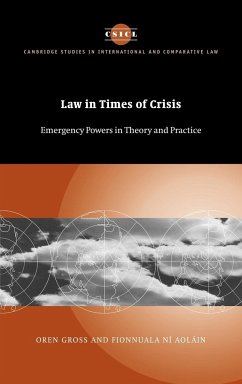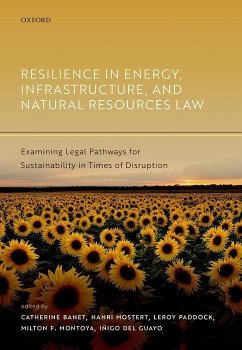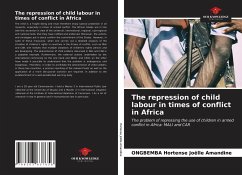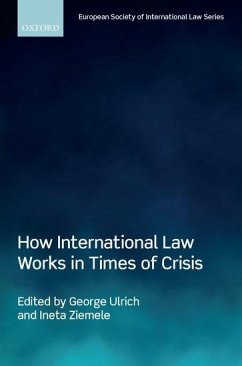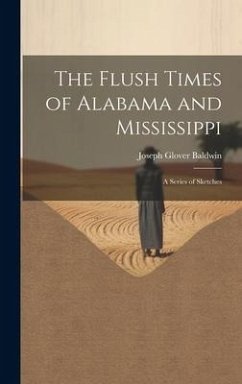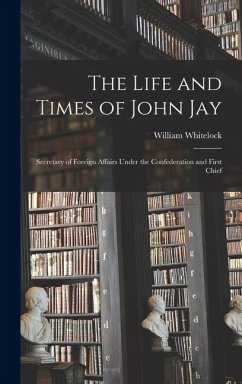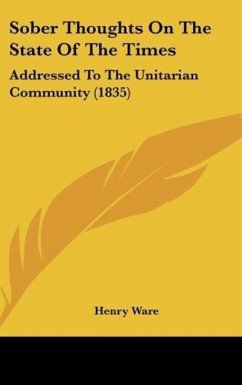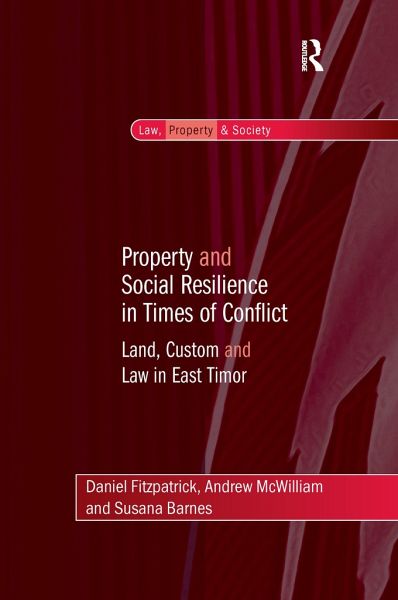
Property and Social Resilience in Times of Conflict
Land, Custom and Law in East Timor
Versandkostenfrei!
Versandfertig in 1-2 Wochen
67,99 €
inkl. MwSt.
Weitere Ausgaben:

PAYBACK Punkte
34 °P sammeln!
Peace-building in a number of contemporary contexts involves fragile states, influential customary systems and histories of land conflict arising from mass population displacement. This book is a timely response to the increased international focus on peace-building problems arising from population displacement and post-conflict state fragility. It considers the relationship between property and resilient customary systems in conflict-affected East Timor. The chapters include micro-studies of customary land and population displacement during the periods of Portuguese colonization and Indonesia...
Peace-building in a number of contemporary contexts involves fragile states, influential customary systems and histories of land conflict arising from mass population displacement. This book is a timely response to the increased international focus on peace-building problems arising from population displacement and post-conflict state fragility. It considers the relationship between property and resilient customary systems in conflict-affected East Timor. The chapters include micro-studies of customary land and population displacement during the periods of Portuguese colonization and Indonesian military occupation. There is also analysis of the development of laws relating to customary land in independent East Timor (Timor Leste). The book fills a gap in socio-legal literature on property, custom and peace-building and is of interest to property scholars, anthropologists, and academics and practitioners in the emerging field of peace and conflict studies.





